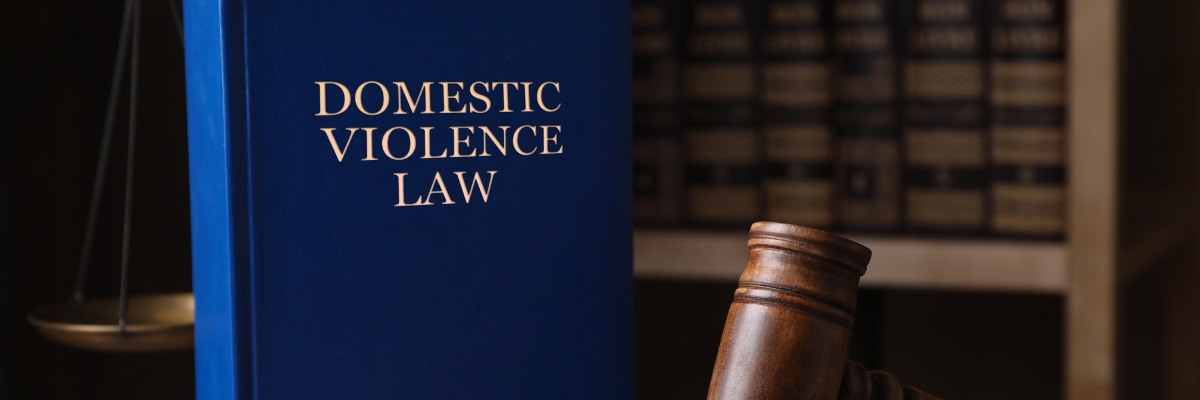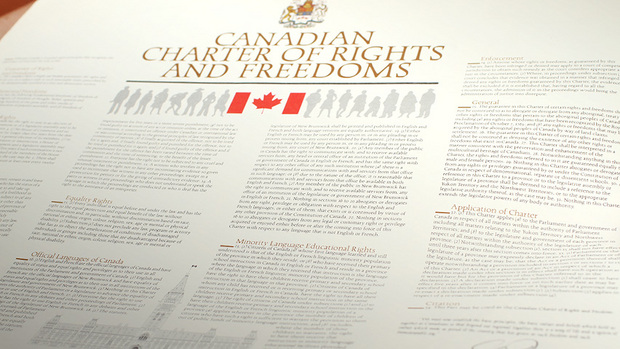The Judicial Pre-trial
After your lawyer and an Assistant Crown Attorney have had a Crown Pre-trial, and where your matter could not be resolved, the next step will often be to conduct a Judicial Pre-trial. At a Judicial Pre-trial, your lawyer will meet with an Assistant Crown Attorney, a Judge and possibly the Officer-in-Charge of your matter. A Judicial Pre-trial is not necessary in all circumstances, however if your trial requires one or more court days then a Judicial Pre-trial is generally required. If your matter cannot be resolved at a Judicial Pre-trial, then your lawyer and the Assistant Crown Attorney will discuss with the judge how many days will be required for trial, how many witnesses each side anticipates calling, what disclosure remains outstanding, and whether there are any pre-trial issues that need to be addressed such as Charter applications.
In circumstances where a Judicial Pre-trial is not mandatory, your lawyer may not wish to hold a pre-trial for strategic reasons or where you want to schedule the earliest possible trial date. For example, if you are charged with a domestic assault and you want the earliest possible trial date, then your lawyer may elect to forego having a Judicial Pre-trial and head straight to trial. In these circumstances, on the next court date after a Crown Pre-trial, your lawyer and an Assistant Crown Attorney will attend the Trial Coordinator’s office and schedule a date for trial.
The Preliminary Inquiry
In circumstances where the Crown has elected to proceed by indictment or the criminal offence is a strictly indictable offence, you are entitled to a preliminary inquiry. A preliminary inquiry is held in the Ontario Court of Justice, and in these circumstances a Judicial Pre-trial is not held until after a Judge has made a committal for trial.
The preliminary inquiry is not a trial and the Judge’s powers at a preliminary inquiry are very limited. A judge at a preliminary inquiry cannot assess with any significance the credibility or reliability of a witness. A preliminary inquiry Judge also cannot deal with Charter applications. Simply put, the only function of a Judge at this stage is to determine whether you should be committed for trial. The Judge must ask himself or herself, whether there is enough evidence, if believed, that a properly instructed trier of fact could convict. If the answer is yes, then the Judge must commit you to trial.
Once an order for committal has been made, depending upon the offence you are charged with, you can elect to have a trial by a Judge of the Ontario Court of Justice, or a trial in the Superior Court of Justice with or without a jury. Where you elect to be tried in the Superior Court of Justice, your lawyer will then have a Judicial Pre-trial with a Judge from the Superior Court of Justice.
Interim Court Dates
Once a Judicial Pre-trial has been held and a trial date has been set, the next court date will often be the trial date. In some circumstances an interim or trial readiness date may be set. One reason for setting this interim date is that your lawyer has not received all the disclosure the Crown Attorney is obligated to provide.
Preparing for Trial
If there is no interim date set then you can expect your lawyer will want to meet with you a week prior to trial to ensure that you and your lawyer are prepared for trial. Your lawyer may also want to meet with any other individuals he or she expects to call as a witness. If your lawyer anticipates calling you as a witness, he or she may want to put you through a mock direct examination and cross examination. The purpose of doing so is to ensure you are prepared for trial and so that you can be prepared for some of the questions the Assistant Crown Attorney may ask your during cross examination.
The Trial Date
As a matter of efficiency, it has become a regular practice in our criminal courts to assign several trials to a single trial court. As courts become available, the trial coordinator will assign different criminal matters to different courts based upon priority. The theory is that often there will be cases that are either not ready to proceed or that have been resolved, and in these circumstances it would be a waste of valuable court time if there were no other matters that could be dealt with.
Using this triage approach, you could arrive at court on the morning of your trial and there is no court immediately available for your trial. Cases where the accused is in custody will take priority over other cases, and cases where the charges are much more serious will take priority over a trial involving a relatively minor offence. In rare circumstances, if your trial is expected to be short and involves a very minor offence it may be that a court does not become available and you will have to set a new trial date.
Conducting a trial is a separate process within the criminal justice system and requires its own page. By now I hope that you have a general understanding of how our criminal justice system works and what you can expect if you find yourself charged with a criminal offence. The process can often be long and frustrating, and that is just one of the reasons why it is recommended that you hire a criminal defence lawyer. Contact me today if you have been charged with a criminal offence.













